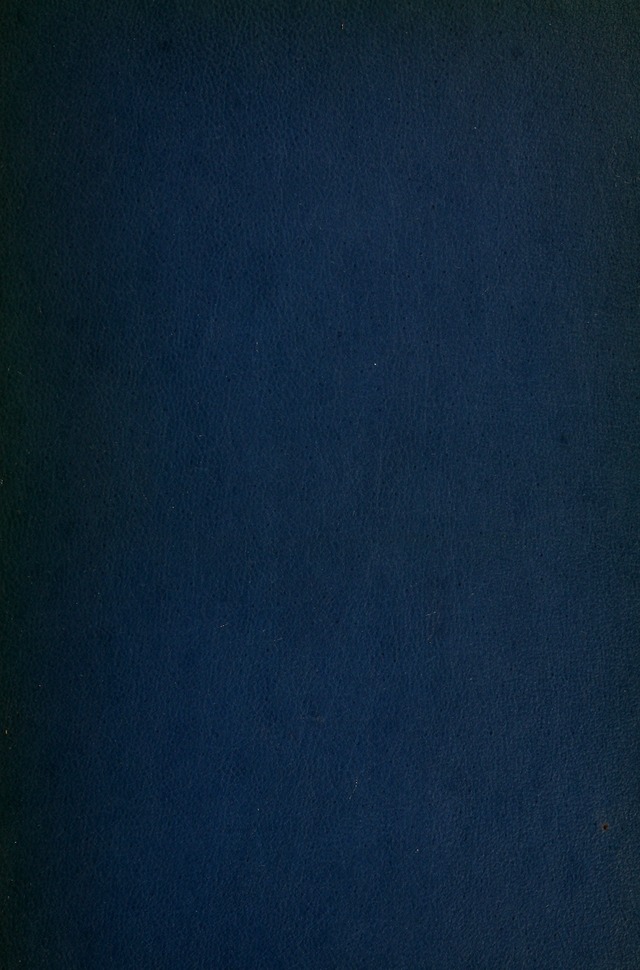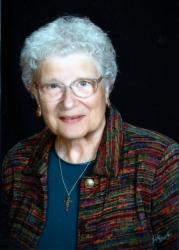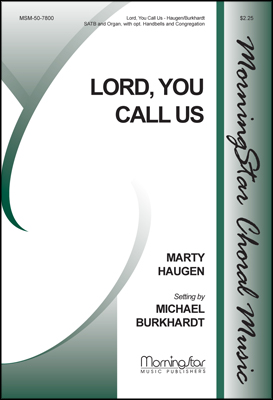Planning worship?
Check out our sister site, ZeteoSearch.org,
for 20+ additional resources related to your search.
- |
User Links
Search Results
Discipleship Ministries Collection

Publisher: Discipleship Ministries of the United Methodist Church
Discipleship Ministries Collection
Songs of Grace

Publication Date: 2009 Publisher: Discipleship Resources Publication Place: Nashville Editors: Carolyn Winfrey Gillette; Discipleship Resources
Songs of Grace
Rock of Ages A Worship and Songbook for Retirement Living

Publication Date: 2002 Publisher: Discipleship Resources Publication Place: Nashville
Rock of Ages A Worship and Songbook for Retirement Living
Take My Life, and Let It Be
Author: Frances R. Havergal Meter: 7.7.7.7.7 D Appears in 1,241 hymnals Lyrics: 1 Take my life, and let it be consecrated, Lord, to thee. Take my moments and my days; let them flow in ceaseless praise, let them flow in ceaseless praise. 2 Take my hands, and let them move at the impulse of thy love. Take my feet, and let them be swift ... Topics: Life of Discipleship Loyalty and Courage; God's Church Life of Discipleship: Loyalty and Courage; Discipleship Used With Tune: HENDON
Take My Life, and Let It Be
We Are Called to Be God's People
Author: Thomas A. Jackson Meter: 8.7.8.7 D Appears in 13 hymnals Topics: Discipleship Scripture: John 14:23 Used With Tune: AUSTRIAN HYMN
We Are Called to Be God's People
Prayer of Great Thanksgiving for Easter Season
Author: Nick Cambell Appears in 1 hymnal First Line: Jesus took the bread and broke it Topics: Easter; Communion Used With Tune: REGENT SQUARE
Prayer of Great Thanksgiving for Easter Season
C. G. Gläser
1784 - 1829 Person Name: Carl Gotthilf Gläser , 1784 - 1829 Composer (Adapted from) of "DENFIELD" in The Hymnary for use in Baptist churches Carl Gotthelf Gläser Germany 1781-1829. Born at Weissenfels, Burgenlandkreis, Sachsen-Anhalt, Germany, he received musical training from his father, after which he attended St. Thomas school in Leipzig. He became an author and composer. At Barmen he taught voice, piano, and violin. He also wrote and conducted chorale music. He died at Barmen.
John Perry
C. G. Gläser
Mary Nelson Keithahn

b. 1934 Author of "Spirit-Child Jesus" in Worship and Song Mary Nelson Keithahn, a retired United Church of Christ ordained pastor and church educator, has been a curriculum writer-editor, journalist, and lyricist for musical dramas and anthems. She still works out of her home in Rapid City, South Dakota, as a free-lance writer. In 2016 she published Elfie: Adventures on the Midwest Frontier, a chapter book for children, and Embracing the Light: Reflectioins on God’s Holy Word, a collection of meditations for individual or small group use. Augsburg Fortress also published Sing the Stories of God’s NEW People, the third in a trilogy of Bible story-based collections of songs for young children, written with her longtime colleague, John D. Horman. The two have written over a hundred hymns together, some of which are included in these hymnals and supplements: Community of Christ Sings, God’s Mission, God’s Song, Hymns of Heritage and Hope, Lift Up Your Hearts, Sing Justice! Do Justice, Sing the Faith, Singing Our Savior’s Story, Singing the New Testament, The Faith We Sing, Upper Room Worshipbook, Voices Found, Voices United, and Worship and Song. They have also published four collections of their hymns: Come Away with Me and Time Now to Gather (Abingdon, 1998), The Song Lingers On (Zimbel, 2003), and Faith That Lets Us Sing (Wayne Leupold Editions, 2017). Mary is a Life Member and former board member of Choristers Guild and a Life Member of the Hymn Society in the United States and Canada. She is also a member of ASCAP. In 2006 she received a Distinguished Achievement Award from her alma mater, Carleton College in Northfield, MN, in recognition of her work in composing text for religious music. Mary was married to the Rev. Richard K. Keithahn, a U.C.C. pastor, and widowed in 1986. She has three children, eight grandchildren, and one great-grandchild.
--mnk
Mary Nelson Keithahn
George William Warren

1828 - 1902 Person Name: George W. Warren Composer of "NATIONAL HYMN" in Discipleship Ministries Collection George W. Warren (b. Albany, NY, 1828; d. New York, 1902) received his general education at Racine College in Wisconsin, but as a musician he was largely self-trained. An organist in a number of Episcopal churches, he played the organ for thirty years (1870-1900) at St. Thomas Church in New York City. Warren composed anthems and liturgical service music; his hymn tunes were collected in Warren's Hymns and Tunes as Sung in St. Thomas Church (1888).
Bert Polman
George William Warren
RESURRECTION
Appears in 77 hymnals Composer and/or Arranger: Gloria Gaither, b. 1942; William J. Gaither, b. 1936 Tune Key: A Flat Major Incipit: 53451 32162 16565 Used With Text: Because He Lives
RESURRECTION
KINGSFOLD
Meter: 8.6.8.6 D Appears in 296 hymnals Composer and/or Arranger: Ralph Vaughan Williams, 1872-1958; Ralph Vaughan Williams, 1872-1958 Tune Sources: English; From the English Hymnal (1906) Tune Key: e minor Incipit: 32111 73343 45543 Used With Text: Today We All Are Called to Be Disciples
KINGSFOLD
HE LEADETH ME
Meter: 8.8.8.8 D Appears in 646 hymnals Composer and/or Arranger: William B. Bradbury Tune Key: C Major Incipit: 53215 64465 33213 Used With Text: He Leadeth Me: O Blessed Thought!
HE LEADETH ME
Take care in how you live
Author: F. Richard Garland Hymnal: Discipleship Ministries Collection #156 Meter: 6.6.8.6 D Lyrics: expects of you: discipleship, relationship; the ... Topics: Discipleship Scripture: Ephesians 5:15-20 Languages: English Tune Title: TERRA BEATA
Take care in how you live
Call to Discipleship
Author: T. H. Hymnal: Inspiring Gospel Solos and Duets No. 2 #68 (1948) First Line: Hark! the Master still is calling Languages: English Tune Title: [Hark! the Master still is calling]
Call to Discipleship
Discipleship
Author: E. R. Martin Hymnal: The Little Minstrel #85 (1867) First Line: While we thro' this valley Lyrics: 1 While we thro' this valley Of sorrow are seeking, 'Mid pleasures and pastimes, A balm for each wound, O, would that, like Mary, When Jesus was speaking, We might at the feet Of our Savior be found. 2 We may glide as in dreaming Adown life's swift river, ... Languages: English Tune Title: [While we thro' this valley]
Discipleship
Products
|
|


 My Starred Hymns
My Starred Hymns



